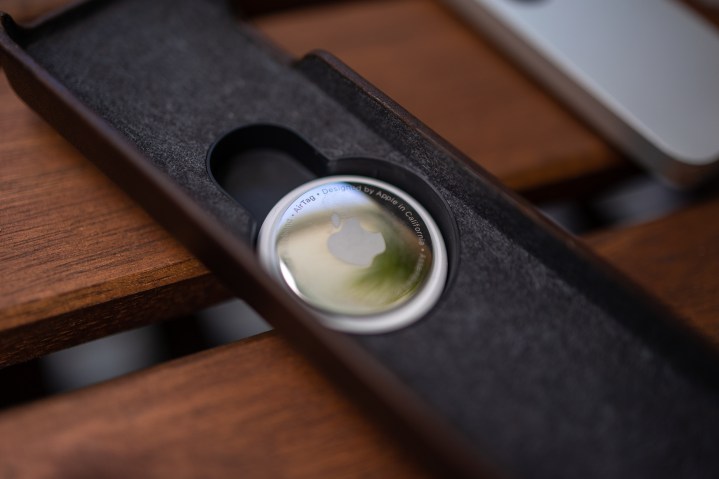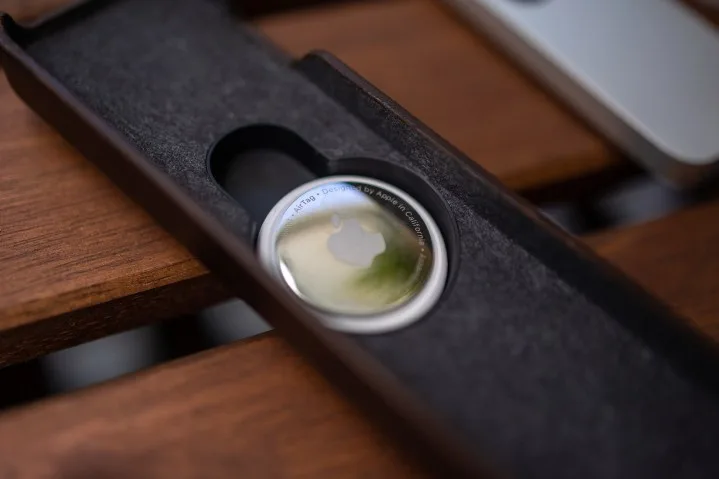The upcoming second-generation object tracker from Apple is on the horizon, with several key enhancements expected. According to the latest issue of Bloomberg’s Mark Gurman’s PowerOn newsletter, the AirTag 2 has now entered the “manufacturing tests” phase.
In terms of design, the new model will closely resemble its predecessor, but with upgraded internal components. A significant modification includes a more secure speaker assembly, making it harder to detach.
The speaker within the AirTag produces a beeping sound, assisting the owner in locating it and providing a warning to anyone who unknowingly carries an unidentified AirTag.
Unfortunately, some individuals have exploited this feature for stalking and other malicious purposes. In 2022, listings for “silent” AirTags—essentially devices with their speakers removed—were seen on platforms like eBay and Etsy.

To combat such misuse, Apple introduced a feature that provides a visual alert on the screen when an AirTag is detected nearby but has been tampered with, preventing it from making audible sounds.
The Bloomberg report also hints at improved privacy measures, although it does not elaborate on specific details. Since the launch of the AirTags, Apple has been actively addressing privacy gaps that have been misused in various ways.
Moreover, the new AirTags will likely feature an extended tracking range. While the current model utilizes Bluetooth with a range of about 10 meters (roughly 30 feet), it pales in comparison to the Samsung Galaxy Smart Tag 2, which boasts a range of 120 meters.
Currently being developed under the codename B589, the successor to the AirTag will be equipped with an advanced wireless chip. The first-generation AirTag features the U1 chip, which supports Ultra Wideband and Precision Finding capabilities. There are no updates available regarding battery life or pricing, but a market launch is anticipated next year.

